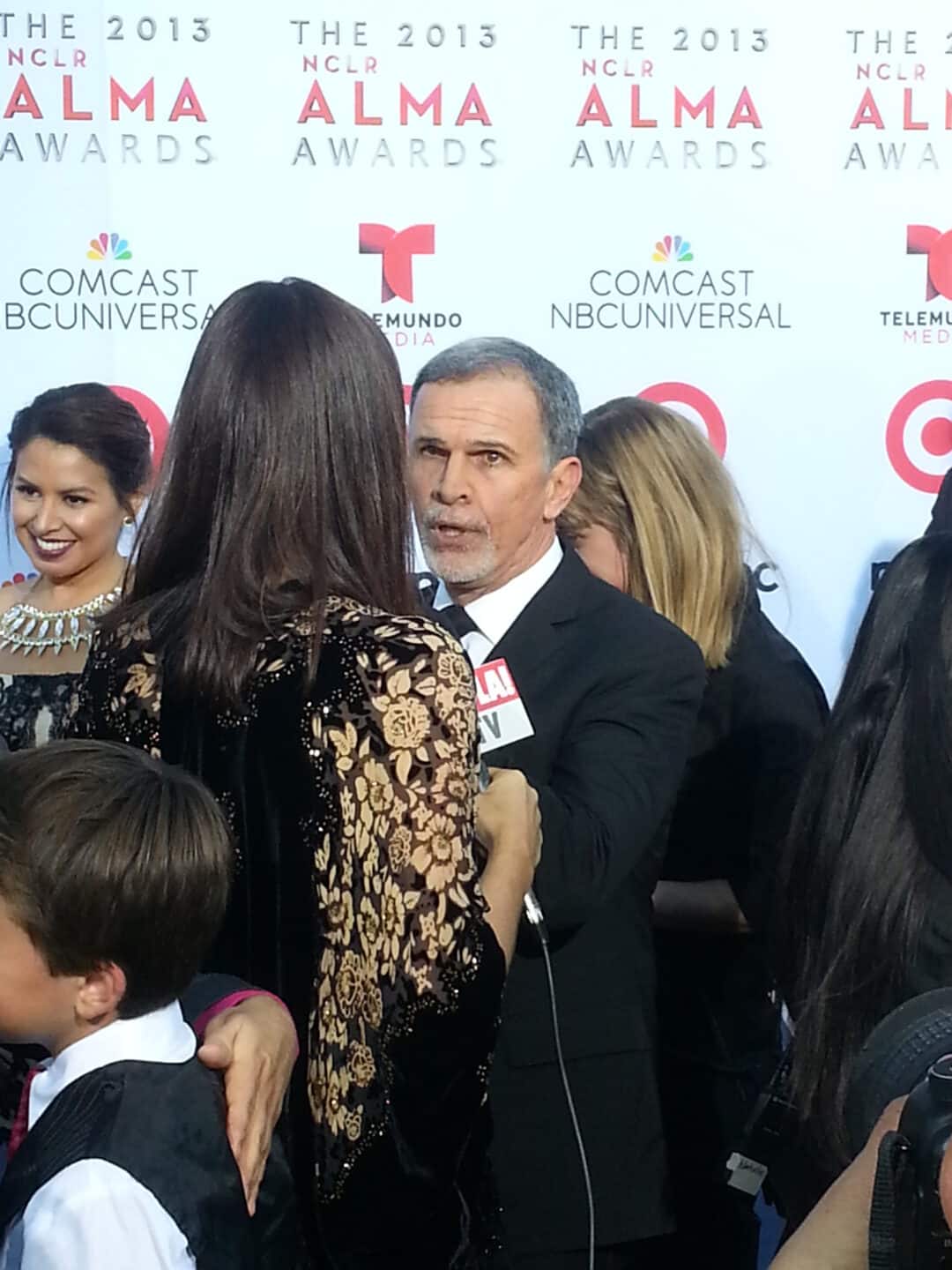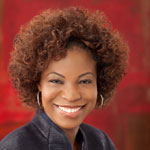Dr. Elsa Núñez’s parents didn’t fight often, so it was unusual to hear them screaming at each other one Sunday before church. Just before the family of six was to leave their one-bedroom apartment, Juan, the patriarch, slid one arm through a well-worn jacket, then the other. When he turned to his wife, she shouted with frustration that she wouldn’t attend church with him anymore if he continued to wear the distressed apparel. With a tone of finality, Juan boomed, “As long as I have to support my children’s education, I can’t afford another jacket.”
That jacket was symbolic of the sacrifices Núñez’s parents made to give their children the best chance at a better life than they had. Fleeing Puerto Rico’s industrial revolution in the late 1930s, Juan had come to the United States first to secure a job. An eight-year-old Núñez, along with her mother and siblings, left their mountain town of San Sebastián to join him in a country whose language they did not speak and many luxuries they could not afford. Choosing parochial school over a public one forced them to live in public housing in Newark, New Jersey. “If you ever want to get out of this hellhole,” Núñez recalls her father saying to her, “the only way is through education.”
Never Settling
Excelling in high school, Núñez knew she wanted to attend college. After graduating from Montclair State College, she got a job in a high school. “Coming from a modest family, that was all I knew,” she says. For three years she taught English and on the day her tenure letter landed in her mailbox, she signed her letter of resignation. “I knew if I didn’t leave then, I never would,” Núñez says of the job where she played disciplinarian more than instructor. “I think it was the best decision I ever made.” She returned to school, first at Fairleigh Dickinson University for her master’s degree and then at Rutgers for her doctorate.
Take Note
Words of advice from Dr. Elsa Núñez
“Get the best academic credentials you can. Once you finish your bachelor’s degree, keep going. Higher education administration is a club, and if you don’t have the right credentials, they don’t let you in. You can’t even take the first step toward a career in this field without them.”
Núñez prides herself on being a good listener, so at the insistence of a colleague who recognized her potential, she set her path on administration.
From the office of the president at Eastern Connecticut State University (ECSU), Núñez can reflect on the juxtaposition of her life as an immigrant living in poverty to the accomplished doctor of linguistics and mother of two college graduates. As a child, she may have only window-shopped along Manhattan’s famed Fifth Avenue, but “I can go into Bergdorf Goodman now,” Núñez says of the luxury retailer. “We have a lot of material things that I could not have given my children without my bachelor’s degree. I believe that’s the great equalizer in this country. Once you get that, you’re a part of the middle class.”
As a high school senior applying for college, Núñez found hope in the ideal that in the United States, your father’s last name or your mother’s profession would have no bearing on your opportunities for higher education. “I believe it’s our societal obligation to provide access to those who might not have it,” Núñez explains.
That philosophy is the reason Núñez is committed to increasing access to ECSU, especially for students from diverse socioeconomic circumstances. In her scholarship as a professor of English, Núñez studied diversity through the lens of social class. She reasoned that a poor, white person has more in common with a poor African-American or Latino than with a wealthy person of the same race. And she published her ideas in her book Pursuing Diversity. “We’ve constructed this idea of diversity that’s incomplete because it’s too focused on race,” Núñez says of the conventional understanding of diversity. “Class is the unifying factor.”
Setting the Tone
The only public liberal arts university in the state, ECSU had the most ethnically diverse faculty of any of its 27 peers in the Council of Public Liberal Arts Colleges and highest percentage of minority students of any Connecticut institution. Through its dual enrollment program, struggling prospective students from Hartford’s inner city have the chance to live and learn on its campus in the summer, and prepare themselves for the rigors of secondary education. And once they are admitted, those students can benefit from ECSU’s academic support center where tutors in every subject, supplemental instruction, and advisement are in place to maximize retention.
The dual enrollment program, now in its fourth year, has achieved retention rate of more than 80 percent. This, among students who normally would not meet ECSU’s standards for admittance, proves the program’s effectiveness at developing the
potential of students whose backgrounds may be the only hindrance keeping them from that key to social mobility, the bachelor’s degree.
Beyond its commitment to educational access, ECSU is equally determined to provide occupational opportunities as well. “Our tagline is ‘practically apply,’” Núñez says, referring to the school’s internship program, which currently partners with Cigna, Webster Bank in southern New England, and a handful of nonprofits. Many of ECSU’s students are the first in their families to attend college and don’t have the resources to relocate for an internship opportunity or even commute. “We brought the internships to Work Hub,” Núñez says. Work Hub is ECSU’s remote location where students can intern for partnering employers. Núñez says the program has been a boon for students who gain practical experience and the partners who can recruit on campus. “In two years, all but one of our students that interned with Cigna has gone on to work for the company,” she says with pride. “We’ve gotten companies to outsource to ECSU.”
For Núñez, so long as there are students seeking education, her work will remain unfinished. Even with the highest graduation rate of Connecticut’s public universities, Núñez explains, “my life has been about making sure access is protected in higher education. I wouldn’t be here today if someone hadn’t provided me access. Someone looked at my application and saw potential. We have to keep alive that idea of access at public institutions like ECSU.”

